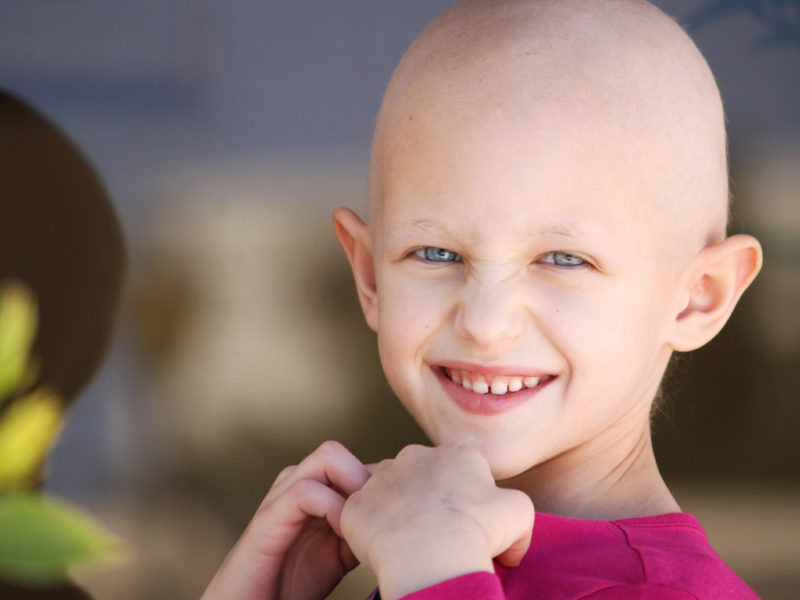How Can We Optimize Fertility Related Discussions With Male Survivors of Childhood Cancer?
How Can We Optimize Fertility Related Discussions With Male Survivors of Childhood Cancer? https://pediatricsnationwide.org/wp-content/themes/corpus/images/empty/thumbnail.jpg 150 150 Abbie Miller Abbie Miller https://pediatricsnationwide.org/wp-content/uploads/2023/05/051023BT016-Abbie-Crop.jpgA recent study suggests that fertility is a “later” issue for adolescents and young adults, rather than a “now” concern, leading to low rates of conversation with health care providers.
Survival rates for pediatric cancers exceed 80 percent. But late effects can persist throughout the survivor’s lifetime. Among those late effects, infertility may have both physical and psychosocial impacts.
Up to 60 percent of male survivors of childhood cancer experience fertility impairment. While guidelines recommend offering fertility preservation to adolescents prior to gonadotoxic therapy, these techniques are underutilized, even though sperm banking is generally noninvasive. Fertility often becomes a source of concern during survivorship. For patients in survivorship, guidelines are ambiguous and suggest that providers rely on patients to broach the topic.
In a recent study published in Pediatric Blood & Cancer, researchers from Nationwide Children’s Hospital investigate whether male adolescents and young adults (AYAs) have sufficient knowledge or prioritize fertility enough to initiate conversations with their care team about this topic.
“Prior research shows that childhood cancer survivors experience uncertainty and distress related to fertility. Clinical guidelines are vague and suggest that providers should offer testing if the survivor requests it, without clear guidance on counseling approaches,” says Leena Nahata, MD, medical director of the Fertility and Reproductive Health Program at Nationwide Children’s and lead author of the paper. “We wanted to know if this topic was actually enough of a priority to be able to expect adolescents and young adults to initiate the conversation.”
Participants aged 15 to 25 years who were 1 to 8 years post-treatment completed a survey with questions used to collect data around life goals, fertility-related discussions in survivorship and parenthood desires.
Most AYAs (80 percent) reported a desire to have a biological child. However, only 31 percent ranked having a child among their “top 3” life goals. More than 66 percent ranked having children lower than health, school or work, romantic relationships, friends and money.
“This discrepancy suggests that many survivors consider parenthood to be important, but it’s not a ‘now’ concern,” says Dr. Nahata, who is also an endocrinologist and principal investigator in the Center for Biobehavioral Health in The Research Institute at Nationwide Children’s. “How to address the conversation with an AYA patient in this frame of mind is the key question.”
In the study results, only 40 percent reported fertility-related discussions with their health care providers, and only 31 percent (14 patients) had banked sperm prior to treatment. Dr. Nahata advocates for routinely discussing fertility before and after treatment to improve these outcomes.
Regarding pre-treatment counseling and fertility preservation, Dr. Nahata says that a family-centered approach is ideal. Research shows that parents are an important influence in fertility preservation-related decisions. Dr. Nahata and her team have recently launched a study to investigate this aspect of the issue further.
“Just like other aspects of sexual and reproductive health, we shouldn’t wait for the adolescent or young adult to bring up the topic during their survivorship care. We have an opportunity to mitigate distress and uncertainty, provide support and address potential misconceptions,” she says.
Reference:
Nahata L, Caltabellotta NM, Yeager ND, Lehmann V, Whiteside SL, O’Brien SH, Quinn GP, Gerhardt CA. Fertility perspectives and priorities among male adolescents and young adults in cancer survivorship. Pediatric Blood & Cancer. 2018 Mar 14. [Epub ahead of print]
About the author
Abbie (Roth) Miller, MWC, is a passionate communicator of science. As the manager, medical and science content, at Nationwide Children’s Hospital, she shares stories about innovative research and discovery with audiences ranging from parents to preeminent researchers and leaders. Before coming to Nationwide Children’s, Abbie used her communication skills to engage audiences with a wide variety of science topics. She is a Medical Writer Certified®, credentialed by the American Medical Writers Association.
- Abbie Millerhttps://pediatricsnationwide.org/author/abbie-miller/
- Abbie Millerhttps://pediatricsnationwide.org/author/abbie-miller/
- Abbie Millerhttps://pediatricsnationwide.org/author/abbie-miller/
- Abbie Millerhttps://pediatricsnationwide.org/author/abbie-miller/
- Posted In:
- In Brief







